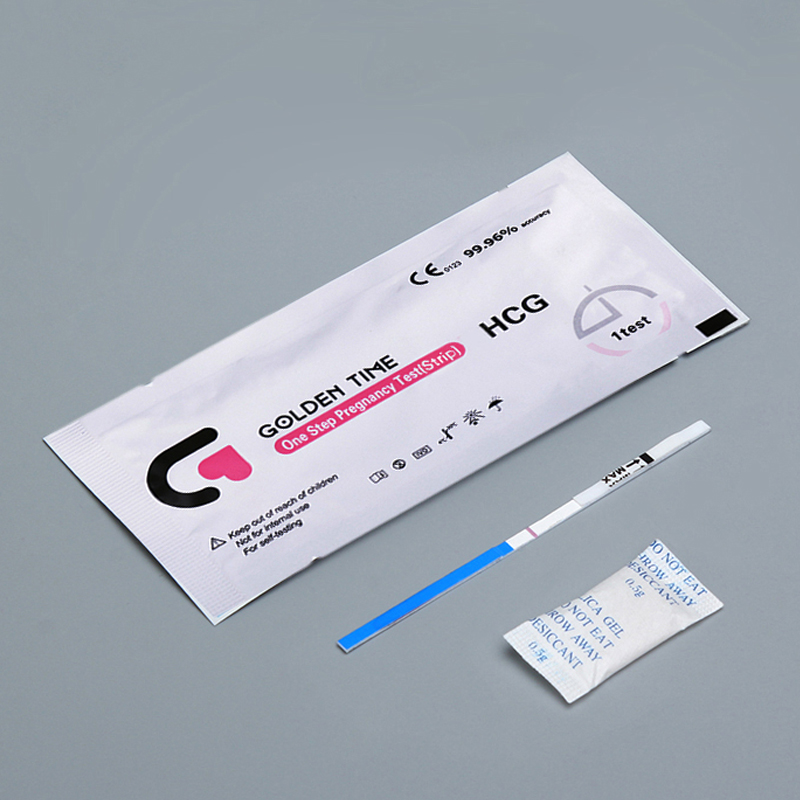Dec . 17, 2024 10:03 Back to list
best hcv rna test price supplier
Understanding the Costs and Suppliers of HCV RNA Testing
Hepatitis C virus (HCV) infections remain a significant public health challenge globally. Accurate and timely diagnosis is crucial for effective treatment and management of the disease. One of the key diagnostic tools used in this process is the HCV RNA test. This test quantifies the presence of the virus in the blood, allowing healthcare providers to assess the severity of the infection and the urgency of treatment required.
Importance of HCV RNA Testing
HCV RNA testing is typically ordered after an initial antibody test indicates a potential HCV infection. The test measures the viral load, which is crucial for determining if the virus is active in the body. It also helps in monitoring the effectiveness of antiviral therapies during treatment. Given its critical role, understanding both the price and the suppliers of this test is essential for patients and healthcare providers alike.
Factors Influencing the Price of HCV RNA Tests
The cost of HCV RNA tests can vary widely based on several factors, including geographical location, the complexity of the testing procedure, and whether the test is performed in a hospital or an independent lab. Typically, prices can range from $200 to $2,000, with the average cost hovering around $500 to $1,000. Health insurance can significantly offset these costs, but for those uninsured or underinsured, navigating these expenses can be daunting.
Finding Best Prices for HCV RNA Tests
For individuals seeking the best prices on HCV RNA tests, there are a variety of strategies to consider
best hcv rna test price supplier

1. Research Local Suppliers It is crucial to contact local labs and hospitals to obtain quotes. Some facilities may offer lower prices or promotional rates for certain tests. 2. Use Online Price Comparison Tools Several websites allow users to compare prices of laboratory tests across different providers. These platforms can provide transparency in pricing, helping consumers make informed choices. 3. Consult with Healthcare Providers Physicians often have preferred laboratories for tests and may have negotiated rates with certain suppliers. Discussing this with a healthcare provider can yield valuable insights and potentially lower costs. 4. Check for Community Health Programs Some non-profit organizations and community health centers may offer HCV testing at reduced rates or even for free, particularly for high-risk populations. 5. Insurance Coverage Always check with your health insurance provider what is covered under your plan. Medicare and Medicaid also often cover the test; thus, understanding your options can lead to significant savings.
Notable Suppliers of HCV RNA Tests
When looking for suppliers, a variety of reputable laboratories and medical institutions provide HCV RNA testing. Here are a few to consider
1. Quest Diagnostics One of the largest laboratory companies in the U.S., Quest offers comprehensive testing services, including HCV RNA tests. They have established a strong reputation for reliability and efficiency. 2. LabCorp Another major player in the laboratory testing field, LabCorp offers various diagnostic tests, including HCV RNA testing. They have widespread locations, making accessibility easier for patients.
3. ARUP Laboratories Known for their high-quality lab testing, ARUP provides specialized HCV tests and is often used by hospitals and academic institutions.
4. Local Health Departments Many state and local health departments offer HCV testing at low or no cost, particularly for those who may be uninsured or underinsured.
Conclusion
Understanding the landscape of HCV RNA testing, including pricing and available suppliers, is essential for effective disease management. Patients should invest the time to explore their options and seek out the best prices and services available. With proper research and consultation, individuals can access appropriate testing without incurring prohibitive costs, facilitating early detection and treatment of Hepatitis C. Ultimately, increasing awareness and accessibility to HCV testing will play a pivotal role in controlling the spread of this infection and improving patient outcomes.
-
Rapid Canine Corona Test: Fast & Accurate Results
NewsAug.06,2025
-
Rapid BZO Test Kit - Fast & Accurate Benzodiazepines Detection
NewsAug.04,2025
-
China Nylon Flocking Swabs - AI Enhanced Quality Collectors
NewsAug.03,2025
-
Highly Accurate hCG Pregnancy Test Strips - 5 Min Results
NewsAug.02,2025
-
Premium Empty ABS Plastic Cassettes: Durable & Lightweight Storage
NewsAug.01,2025
-
Accurate Cocaine (Coc) Rapid Test Kit | Fast & Reliable Detection
NewsJul.31,2025

